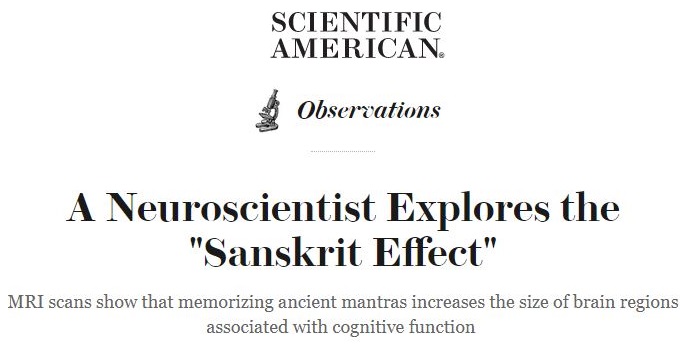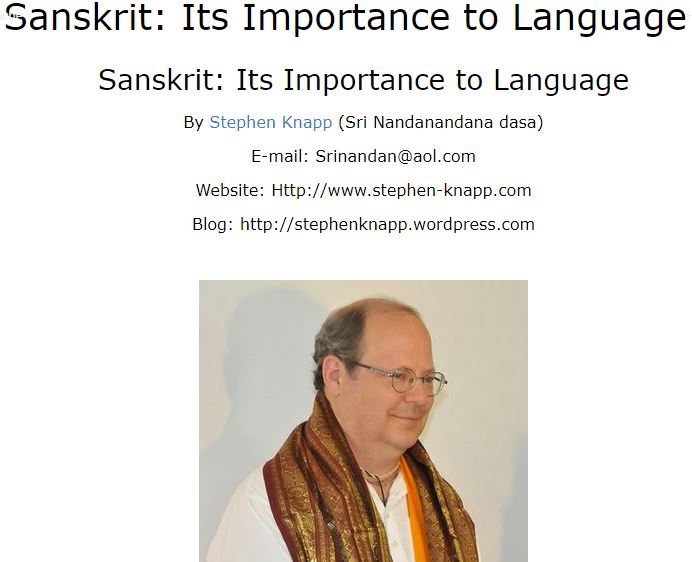“In short, Sir, I am convinced that everything–astronomy, astrology, metempsychosis, etc.–comes to us from the banks of the Ganges.”
François-Marie d’Arouet (1694–1778), better known by his pen name Voltaire
***
In 1786, while delivering his third lecture, Sir William Jones made the following statement which aroused the curiosity of many scholars and finally led to the emergence of comparative linguistics. Noticing the similarities between Sanskrit and the Classical Languages of Europe such as Greek and Latin, he delivered: “The Sanskrit language, whatever be its antiquity, is of wonderful structure; more perfect than the Greek, more copious than the Latin, and more exquisitely refined than either, yet bearing to both of them a stronger affinity, both in the roots of verbs and in the forms of grammar, than could not possibly have been produced by accident; so strong indeed, that no philologer could examine them all three, without believing them to have sprung from some common source which, perhaps, no longer exists; there is a similar reason, though not quite so forcible, for supposing that both the Gothic and the Celt, though blended with a very different idiom, had the same origin with the Sanskrit; and the old Persian might be added to the same family…”
The Sanskrit Effect
By James Hartzell on
When I entered the cognitive neuroscience doctoral program at the University of Trento (Italy) in 2011, I had the opportunity to start investigating this question: Was there actually a language-specific “Sanskrit effect” as claimed by the tradition?
Sanskrit effect: Memorising Vedic mantras increases the size of brain regions associated with cognitive function such as memory (both short-term and long-term).
India’s Vedic Sanskrit pandits train for years to orally memorize and exactly recite 3,000-year old oral texts ranging from 40,000 to over 100,000 words.
A hundred dhoti-clad young men sat cross-legged on the floor in facing rows, chatting amongst themselves. At a sign from their teacher the hall went quiet. Then they began the recitation. Without pause or error, entirely from memory, one side of the room intoned one line of the text, then the other side of the room answered with the next line. Bass and baritone voices filled the hall with sonorous prosody, every word distinctly heard, their right arms moving together to mark pitch and accent. The effect was hypnotic, ancient sound reverberating through the room, saturating brain and body. After 20 minutes they halted, in unison. It was just a demonstration. The full recitation of one of India´s most ancient Sanskrit texts, the Shukla Yajurveda, takes six hours.
Read more:
By James Hartzell on
or
Read

